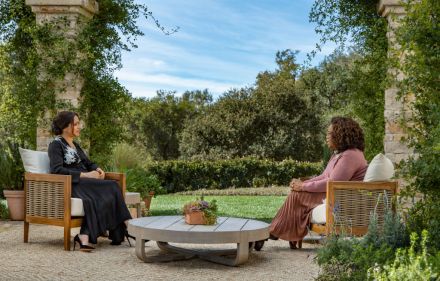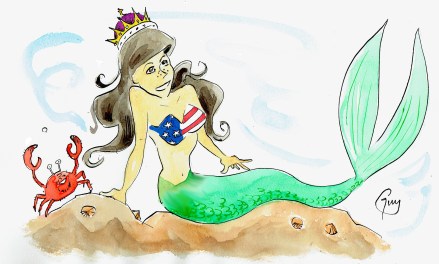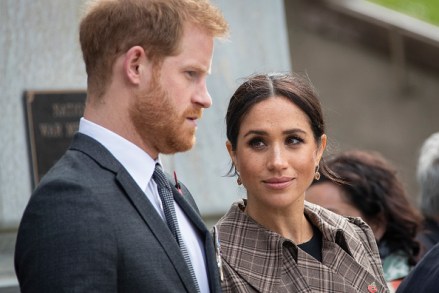Move over Meghan: classic books every child should read
There are so many better ways to spend thirteen quid on children’s books than on Meghan Markle’s The Bench; how about something that children might actually enjoy, which isn’t written to gratify the vanity of the author? Here are a few of the ones that I liked and that your children (or you) might like. The Pirate Twins by William Nicholson is just as good as the splendid Clever Bill, which also features a brave and kind little girl called Mary. But The Pirate Twins is more subversive. One day on the beach, Mary found the (very small) Pirate Twins, so she took them home and fed them (oysters and cake) and





